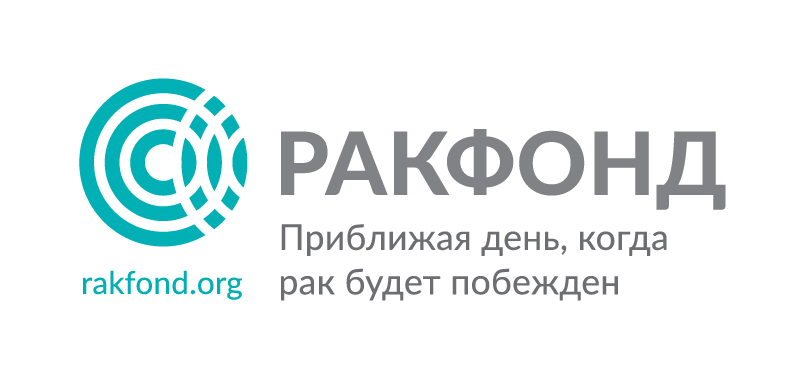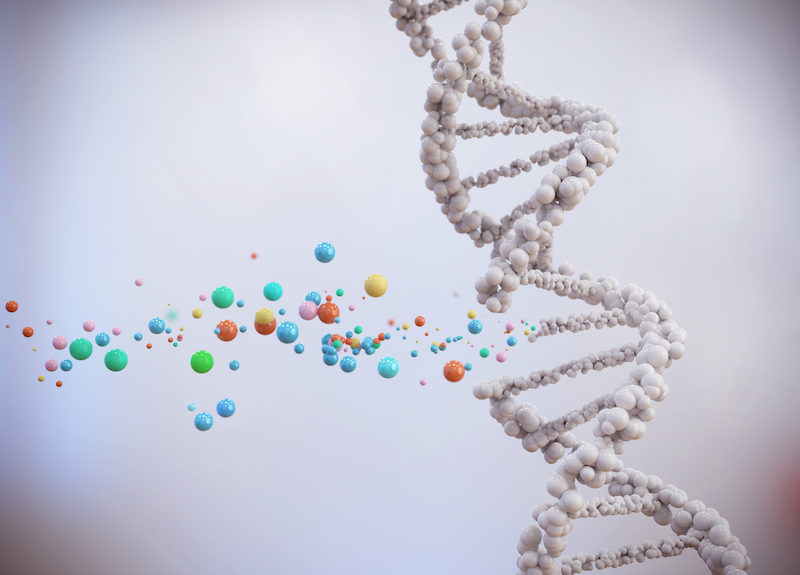Interview with Thilo Dörk
Interview with Thilo Dörk – PhD, Head of Gynecology Research Unit, Clinics of Obstetrics and Gynecology, Hannover Medical School (Germany), Member of RakFond’s Scientific Advisory Board.
1. Why did you choose to work in the field of oncology?
Like many researchers, I am working in oncology due to both personal and scientific motivations. I have witnessed family members and friends with cancer. My mother died from breast cancer. I know this disease and what it does. But I also have always been fascinated by the enormous scientific insights that we can gain from cancer research. Cancer is evolution at an organism scale and an “evolutionary legacy”. In learning how cancer develops we can learn so much about human biology.
2. What is the area of your scientific interests?
I am a biochemist and geneticist by training. The molecular basis of a disease, how it is caused by gene mutation and then expressed at a cellular and physiological level, this is a fascinating area. Since I am running a research lab at a Gynaecology Unit, my focus is on gynecologic malignancies such as breast, ovarian, cervical or endometrial cancers. But for over two decades I also have had much interest in the mechanisms how cells repair their DNA and maintain stable chromosomes, a topic intimately connected with cancer research.
3. Which cancer research or area of cancer research can you name as your favorite?
Among the gynecological cancers, breast cancer is my favorite, again for personal and scientific reasons. With its frequency, breast cancer traditionally has been a forerunner in cancer research and much of what we know about cancer genetics, cancer biology, and cancer therapy has first been uncovered in breast cancer studies. However, it is also interesting to consider the similarities and differences to the other cancers which all have their own peculiarities.
4. How did this research influence the field and patients?
This research is to be seen in the context of worldwide efforts to identify the molecular drivers of cancer and strategies against it. I am always glad when there is a small piece of evidence that my group can contribute to the puzzle. In the field of genetics, there has been enormous progress but even for the best-known cancers, there is still some half of the genes to be uncovered. Patients are waiting to learn about their susceptibility and benefit from novel targeted therapies, and one should also not underestimate the great relief for blood relatives if tested negative for a high-risk genetic predisposition.
5. Why do you think cancer research support is important?
Because we are in a global battle against cancer and it is possible to win. Every insight will ultimately contribute to improvements in cancer therapy for the next generation. There are so many enthusiastic and highly motivated clinicians and scientists worldwide, but they need highly sophisticated technology, and this is expensive. Progress comes like a snail if there is not a similarly enthusiastic funding. It is an investment in our own health and future. I doubt that politics has already understood this challenge.

